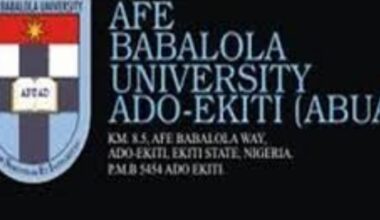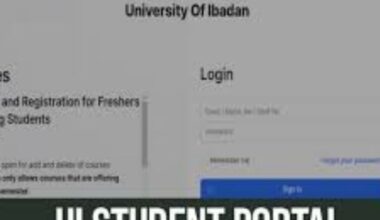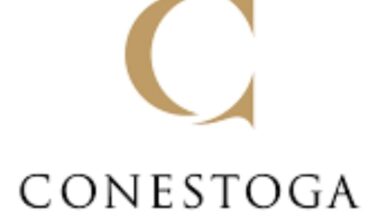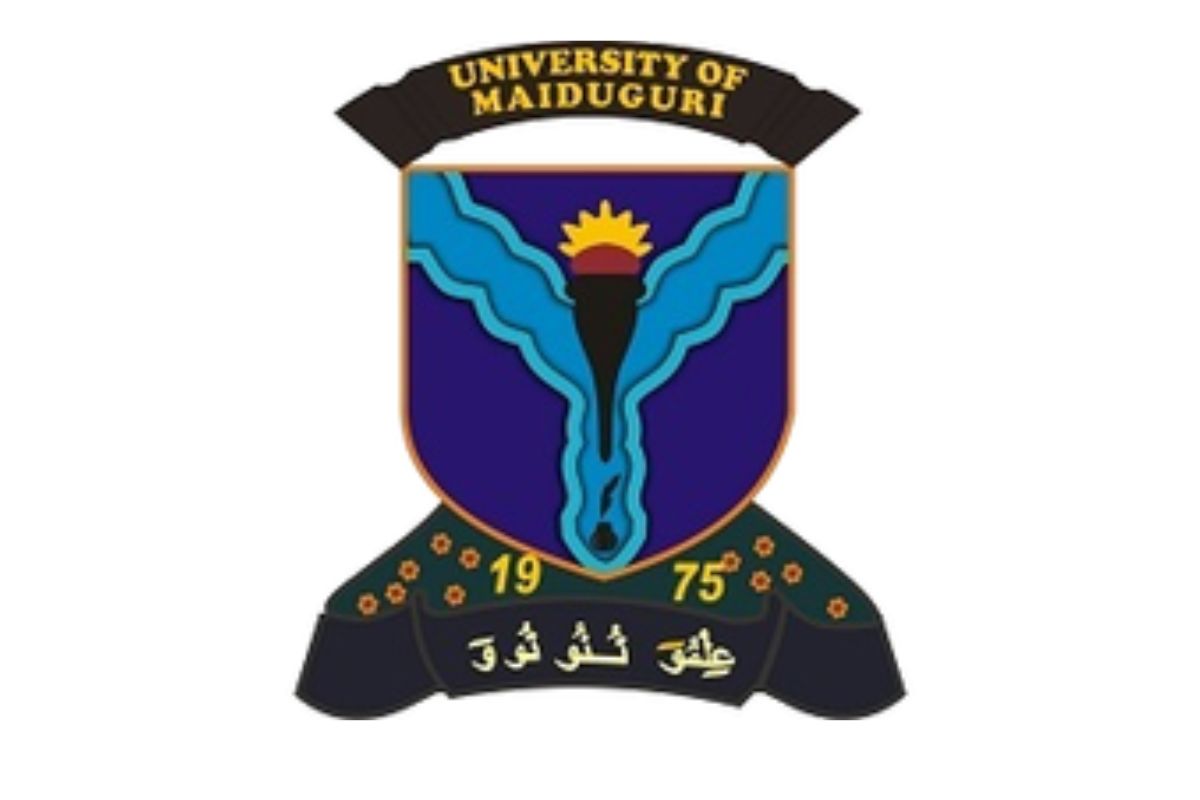Student Loan In Nigeria; Higher education plays a crucial role in individual and national development. However, the financial hurdles associated with obtaining a degree can be daunting, especially in Nigeria. Recognizing this challenge, various student loan options have emerged, offering pathways to bridge the gap between educational aspirations and affordability. This introduction delves into the diverse landscape of student loans in Nigeria, highlighting their features, eligibility criteria, and potential benefits.
Student Loan In Nigeria
The cost of higher education in Nigeria can be daunting, even for public universities. Student loans can bridge the gap and make your academic dreams a reality. However, navigating the Nigerian loan landscape can be confusing. Here’s an overview of some current student loan options in Nigeria:
Government-backed loans
1. Government Education Loan: Offered by the Federal Ministry of Education through participating banks. Fixed interest rate, long repayment terms, but typically requires guarantors and can have a lengthy application process.
2. TETFund Intervention: The Tertiary Education Trust Fund provides loans to students in critical fields like science, engineering, and technology.Competitive application process and specific eligibility criteria.
3. NSLTF Loan: The Nigerian Students Loan Trust Fund (defunct since 2009) may be revived in the future, so keep an eye out for potential developments.
Private lenders
4. Commercial Bank Loans: Many banks offer student loans with varying interest rates, repayment terms, and eligibility criteria. Research and compare options from different banks like First City Monument Bank (FCMB), Zenith Bank, Access Bank, etc.
5. Microfinance Institutions (MFIs): Some MFIs cater to students, offering smaller loans with shorter repayment periods. Consider options like Page Financials, LAPO Microfinance, etc., but be mindful of potentially higher interest rates.
6. Educational Institutions: Some private universities offer in-house loan programs with specific terms and conditions. Explore options at your chosen institution.
Alternative Financing
7. Scholarships and Grants: Numerous scholarships and grants are available from government agencies, NGOs, and private organizations. Research options relevant to your field and academic background.
8. Crowdfunding Platforms: Platforms like GoFundMe or Naijaling allow individuals to raise funds for their education. Requires effort and promotion, but can be a viable option.
9. Work-Study Programs: Some institutions offer work-study programs where students earn income while gaining valuable experience. Explore opportunities within your university or college.
10. Family and Friends: Borrowing from family or friends can be an option, but ensure clear agreements and terms to avoid misunderstandings.
Important considerations
Interest rates and fees: Compare interest rates, origination fees, and other charges across different options.
Repayment terms: Understand the repayment period and monthly installments before committing.
Eligibility criteria: Ensure you meet all eligibility requirements, including guarantors or collateral demands.
Read the fine print: Carefully review loan agreements and understand all terms and conditions before signing.
Remember, borrowing responsibly is crucial. Choose a loan option that aligns with your financial situation and future earning potential. Research thoroughly, compare options, and seek guidance from financial advisors if needed. Good luck on your academic journey!
Conclusion
Navigating the intricacies of student loan in Nigeria requires careful consideration. Each option comes with its own set of advantages and disadvantages, interest rates, repayment terms, and eligibility requirements.
By understanding the available options and aligning them with your circumstances and financial goals, you can make an informed decision that unlocks access to quality education and empowers you to pursue your academic dreams. Remember, responsible borrowing and financial planning are key to ensuring a smooth and successful journey through higher education.







